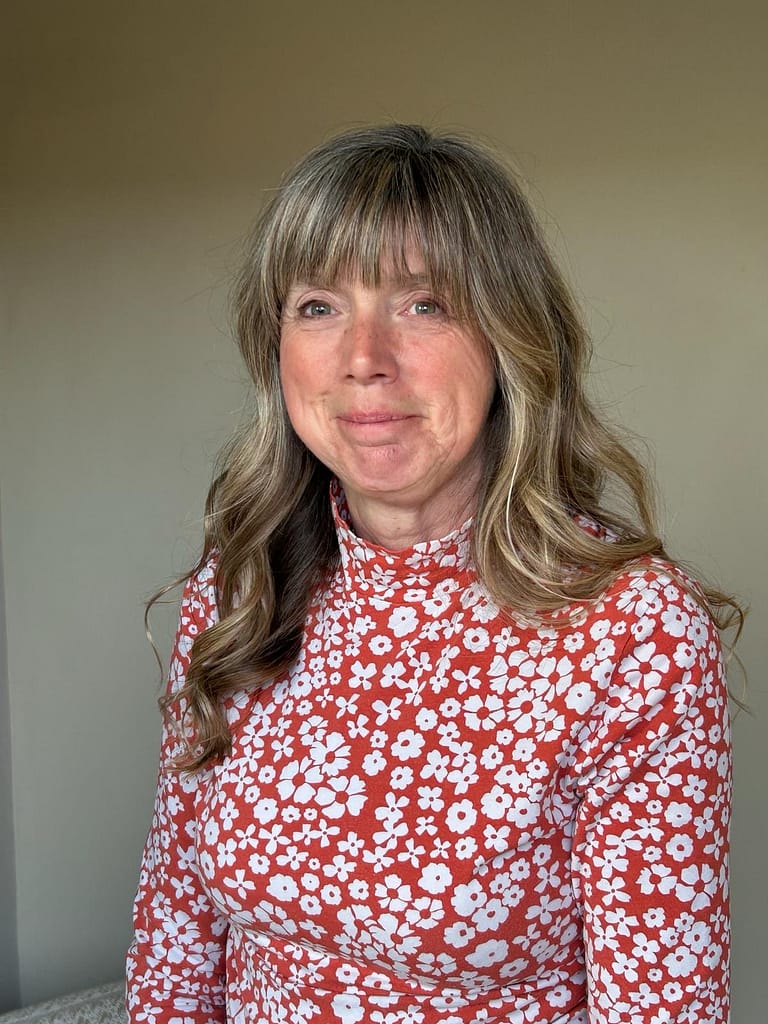Would you like to make use of our counselling therapy rooms for hire/rent and become an Associate of the practice?
Counselling therapy room for hire/rent. Spacious, comfortable and versatile ground, first and second floor therapy rooms (accessibility info: door widths 75 and 69 cm, all-gender WC 2nd floor). Available to use for regular single sessions, half-day or full day blocks. The rooms are furnished suitable for use with individual clients (adults and young people), couples, family/systemic therapy, group supervision, group training, personal development groups, and mentoring/coaching. Our rooms are certainly designed with calm and safety in mind. Our consulting rooms are situated in a discreet, professional location of the city centre (LE1, near Regent Road). The building is easily accessible by public transport. There is street parking nearby (£1 per 2 hrs/free after 6 p.m.).
Expectations of you
Independent counsellors and psychotherapists are welcome to hire the counselling rooms. Our expectation of you as a potential associate of the practice is that you are registered and qualified to at least Diploma level (incl supervised clinical placement). You should also have professional indemnity insurance; be a member of a professional organisation, such as the BACP, and abide by its code of ethics; be GDPR compliant; have adequate clinical supervision for your caseload and experience; have, a clinical will in place; be willing to incorporate simple safety procedures into your practice; and take full responsibility for your private practice, including storing your own records. We will also require from you awareness and willingness to learn about all areas of intersectionality.
Benefits
You will experience benefits as a result of becoming an associate of our practice. For example, these include emergency support when needed, being part of a network of therapists with a strong ethical stance, access to organised peer support group, and possible referrals (where ethically appropriate).
Practice Ethos
Whilst maintaining our individuality and autonomy we work as a team; our core values are: honesty, integrity, openness, collaboration, accountability, support and respect. Clients’ needs are at the heart of our work.
Counselling Rooms Gallery
We are currently looking for additional associates to expand the practice.
Are you ready to expand your private practice? Maybe this is your first time venturing into private practice? We can provide support and guidance along the way. There is room availability across the week for new associates:
We have space in our team for additional therapists. Therefore, we welcome your interest. We are actively looking for therapists who meet any of the following:
- has experience of working with couples/relationships
- identifies as LGBTQI+ / GSRD
- identifies as/has knowledge of working with disability
- have experience of working with attachment difficulties related to early separation
- has experience of providing supervision to individuals and/or groups
- has experience of working with children and young people
Would you like more information about becoming an associate? Would you like to make use of our counselling therapy room for hire? Please contact luan.bbcp@gmail.com. We will invite you to complete a short form and then also arrange to meet for an informal interview.
Baines-Ball & Associates: Counselling, Psychotherapy and Clinical Supervision in Leicester, Leicestershire and online
